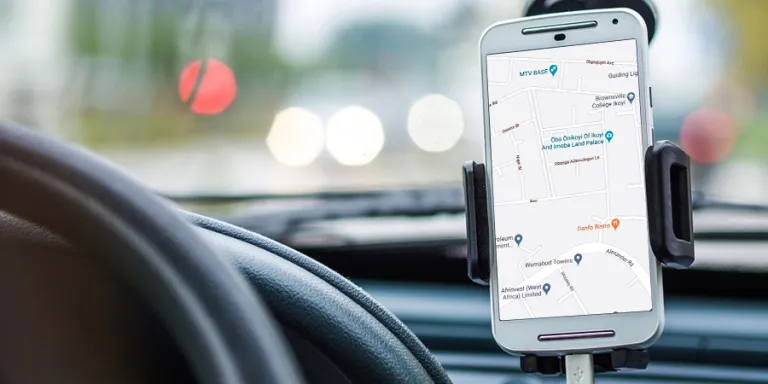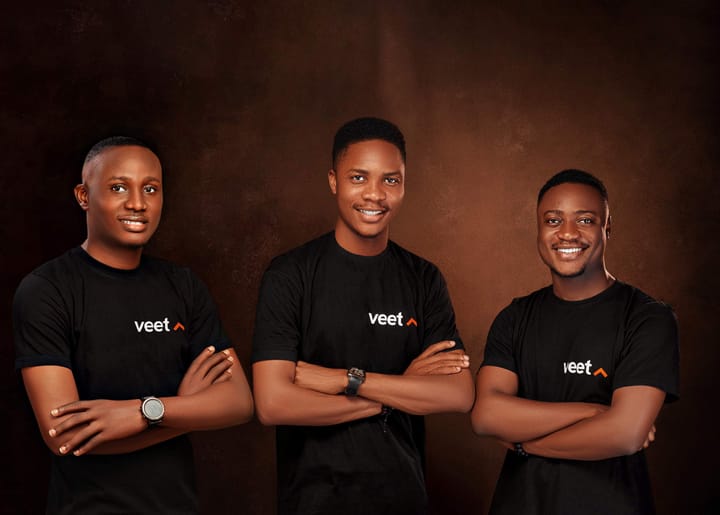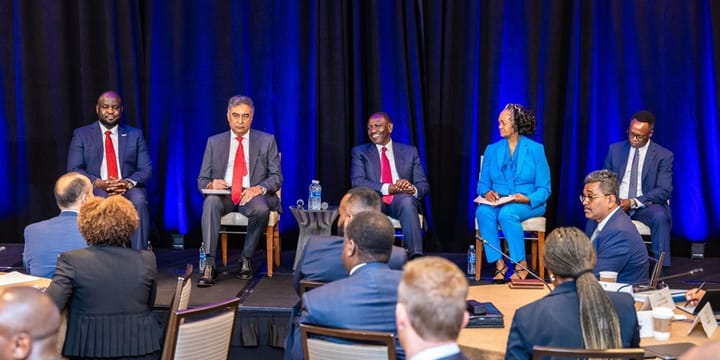BD Insider: Nigerian cab drivers get their own POS
In this letter, we explore; Nigerian ride-hailing drivers offered more control over payments, Starlink’s counter-response to Safaricom, OpenAI’s shift to a for-profit corporation.

In this letter, we explore:
- Nigerian ride-hailing drivers offered more control over payments
- Starlink’s counter-response to Safaricom
- OpenAI’s shift to a for-profit corporation
We also curated updates on startup funding in Africa, weekend reads, and several opportunities.
The big three!
Nigerian ride-hailing drivers offered more control over payments
Nigerian ride-hailing drivers have long raised concerns over high commission fees and fraudulent transfers, but those issues may soon be resolved. PayZeep, a one-year-old fintech startup, has partnered with the Amalgamated Union of App-based Transporters of Nigeria (AUATON) to offer drivers a new payment solution.
PayZeep's solution allows drivers to receive payments directly from passengers using handheld point-of-sale (PoS) devices, bypassing the in-app payment systems of ride-hailing platforms like Uber and Bolt. This gives drivers more control over their earnings and potentially higher profits.
But there’s a catch. Drivers must complete a minimum of ten rides per day during a one-month pilot program and pay a fee for the PoS devices. While some drivers have expressed concerns about the daily ride target, PayZeep argues that it is necessary to ensure the program's viability.
While this initiative aims to give drivers more control over their earnings, the big question remains: how will ride-hailing giants like Uber and Bolt respond to this new development?
Starlink’s counter-response to Safaricom
Three days after Safaricom boosted its fiber internet speeds to compete with Starlink, Elon Musk's satellite internet service has fired back with a strategic move of its own.
Starlink has lowered its entry cost in Kenya by introducing a new $208.38 (KES 27,000) mini kit, offering speeds of up to 100mbps, along with a more affordable $30.87 monthly residential plan. Previously, the standard kit was priced at $347.25 (KES 45,000).
Zoom Out: This new mini kit and residential plan is expected to appeal to more price-sensitive customers in Kenya. Adding fuel to the fire, Kenya's President, William Ruto, has expressed his support for Starlink, stating that its competition with Safaricom is pushing innovation and improving services in the country.
Ruto’s endorsement of Starlink fits into his broader vision for Kenya’s economy—attracting foreign investment, modernising regulations, and expanding ICT infrastructure to close the digital divide. He views competition as a critical driver of growth and progress in the sector.
In response, Elon Musk reaffirmed Starlink's commitment to improving the Kenyan market, highlighting its role in pushing local providers to step up their game.
As this competition heats up, the big question now is how Safaricom will handle the pressure. However, one thing is clear: Kenya’s telecom market is primed for disruption, and local operators will need to evolve to keep up.
OpenAI’s shift to a for-profit corporation
OpenAI, the company behind the popular AI chatbot ChatGPT, is considering restructuring its core business into a for-profit benefit corporation. This move aims to attract more investors and potentially increase the value of the company.
What does this mean? While the non-profit OpenAI will still exist, it will hold a minority stake in the for-profit entity. This restructuring could also lead to changes in how the company addresses AI risks. One significant change is the potential for Sam Altman, OpenAI's CEO, to receive equity in the for-profit company. This equity could be worth a substantial amount, potentially reaching $150 billion.
The restructuring comes amidst a series of leadership changes at OpenAI, including the departure of the chief technology officer and a leave of absence for the president.
This move to a for-profit structure could have implications for AI safety and governance. While it may make OpenAI more attractive to investors, it could also raise concerns about the company's ability to hold itself accountable in its pursuit of artificial general intelligence (AGI).
💰 State of Funding in Africa
Here’s a roundup of African startups that secured funding last week:
- Moroccan SaaS startup Userguest has secured $2.4 million in seed funding. Al Mada Ventures led the round, which also included CDG Invest, Saviu Ventures, UM6P Ventures, Kalys VC, Plug & Play, and business angels Philippe Limes and Thane Kuhlman.
- Ghanaian Cleantech Kofa has secured $5 million in financing via a special purpose vehicle (SPV). This included a $3.13 million investment from the Shell Foundation, backed by the UK government through the Transforming Energy Access (TEA) platform; additionally, both foundations are committing $1.87 million to support Kofa’s e-bike research.
- Kwiks, an HRtech startup based in Morocco, has raised $827,000 in funding from Azur Innovation Management (AIM)
🍿 Weekend binge
- Five ads that changed the world
- Why so many CEOs are from India
- Nike’s new CEO is a company lifer — but an expert explains why that’s not a great idea now
- How a DM got this product manager a role at Future Africa
💼 Opportunities
We carefully curate open opportunities in Product & Design, Data & Engineering, and Admin & Growth every week.
Product & Design
- PaidHR — Product Manager, Lagos
Data & Engineering
- PaidHR — QA Engineer, Lagos
Admin & Growth
- Catlog — Growth Lead, Remote






